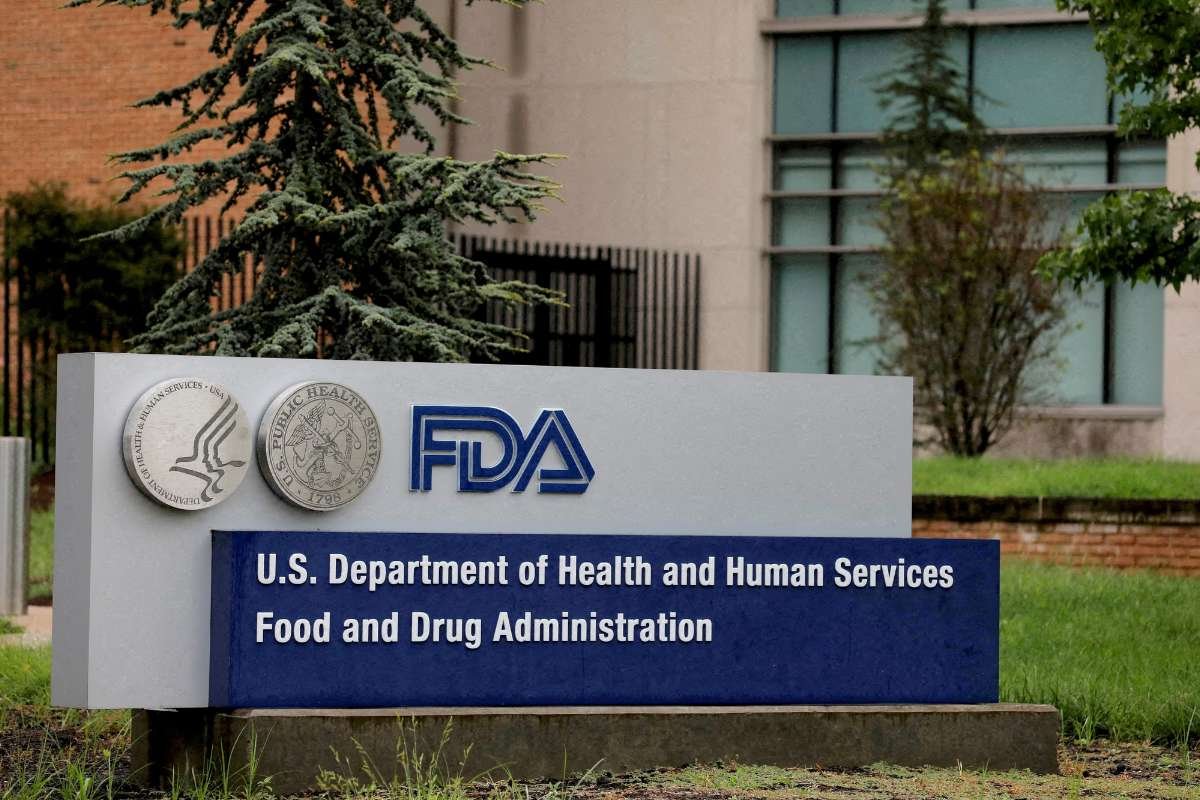The Food and Drug Administration (FDA) has announced a significant shift in how it will evaluate COVID-19 vaccines moving forward, requiring larger clinical trials and reducing reliance on antibody measurements as the primary basis for approval. The move signals a more stringent regulatory environment for vaccine developers while shaping future strategies for healthcare providers and patients.
FDA Approvals Narrowed to High-Risk Groups
In memos released August 28, Vinay Prasad, director of the FDA’s Center for Biologics Evaluation and Research (CBER), explained the reasoning behind the agency’s recent decisions to approve four updated COVID-19 vaccines from Moderna, Novavax, and Pfizer. The approvals were granted with restrictions, limiting availability primarily to older adults and those with elevated risk of severe illness.
Prasad noted that regulators questioned whether updated formulations, such as Pfizer’s Comirnaty, demonstrated sufficient benefit for healthy individuals. Based on available evidence, CBER determined that the balance of risks and benefits did not support broad use in low-risk populations, though it remained favorable for groups more vulnerable to serious outcomes.
This represents a departure from past practices, in which updated vaccines were often authorized more widely based on limited clinical data.
Immunogenicity Under Scrutiny
A central element of Prasad’s memos focused on the use of immunogenicity, or antibody response, as a primary endpoint in regulatory submissions. Vaccine manufacturers have historically relied on such data to demonstrate effectiveness in updated formulations.
“Make no mistake,” Prasad wrote, “antibody titers are a surrogate endpoint.” While he acknowledged that immunogenicity can sometimes predict clinical outcomes, he emphasized that it cannot always be used as a reliable substitute for real-world protection. Approvals based solely on increased antibody levels, he cautioned, fall short of “gold standard science.”
CBER has traditionally accepted smaller studies measuring antibody responses in human sera to justify updates to existing vaccines. However, Prasad pointed out that these trials often lacked formal statistical power and a clear hypothesis, limiting their ability to demonstrate true clinical benefit.
Larger and More Rigorous Studies Required
Looking ahead, the FDA will demand considerably more robust data before granting approval. According to Prasad, future studies will need to be “roughly five to ten times larger than historically accepted.” This change means vaccine manufacturers will be expected to run trials that can better capture both efficacy and safety across diverse patient groups.
In addition, the FDA is requiring post-marketing commitments for all three newly approved vaccines. These obligations compel companies to conduct follow-up trials that confirm clinical benefits and expand the safety database over time. Such commitments will ensure that approvals are supplemented by evidence from ongoing, real-world use.
Implications for Developers, Providers, and Patients
For vaccine developers, the stricter requirements translate into longer timelines, higher costs, and more complex trial designs. The need for larger studies will likely slow the pace at which updated formulations can be introduced, especially for vaccines targeting emerging variants. Companies will also face heightened expectations to provide not only antibody data but also robust evidence of clinical outcomes, such as reduced hospitalization or severe disease rates.
Healthcare providers may see fewer rapid updates to COVID-19 vaccines compared to earlier in the pandemic. Instead, vaccines will arrive with a stronger evidence base supporting their effectiveness and safety. For patients, this could mean fewer recommended updates, but greater confidence that approved COVID-19 vaccines deliver measurable clinical benefit.
The new framework also establishes a clearer distinction between COVID-19 vaccines intended for high-risk populations and those for the general public. By requiring stronger evidence, the FDA aims to ensure that the benefits of vaccination are substantiated before recommending widespread use.
A Stricter Standard for Future Approvals
The FDA’s shift marks a notable regulatory milestone, underscoring the agency’s intent to move beyond emergency-era flexibility and toward a more traditional approval process. By setting higher evidentiary standards, CBER is placing greater emphasis on clinical outcomes rather than laboratory markers alone.
For the industry, the message is clear: updated COVID-19 vaccines will need to undergo more comprehensive testing, both before and after approval. For the public, the result is expected to be fewer but more rigorously validated COVID-19 vaccines, designed to provide meaningful protection against severe disease.
Source:
https://www.washingtonpost.com/health/2025/09/03/vaccine-access-covid-flu-fda-safety/https://www.nytimes.com/2025/09/03/health/fda-covid-vaccines-rfk-jr.html







